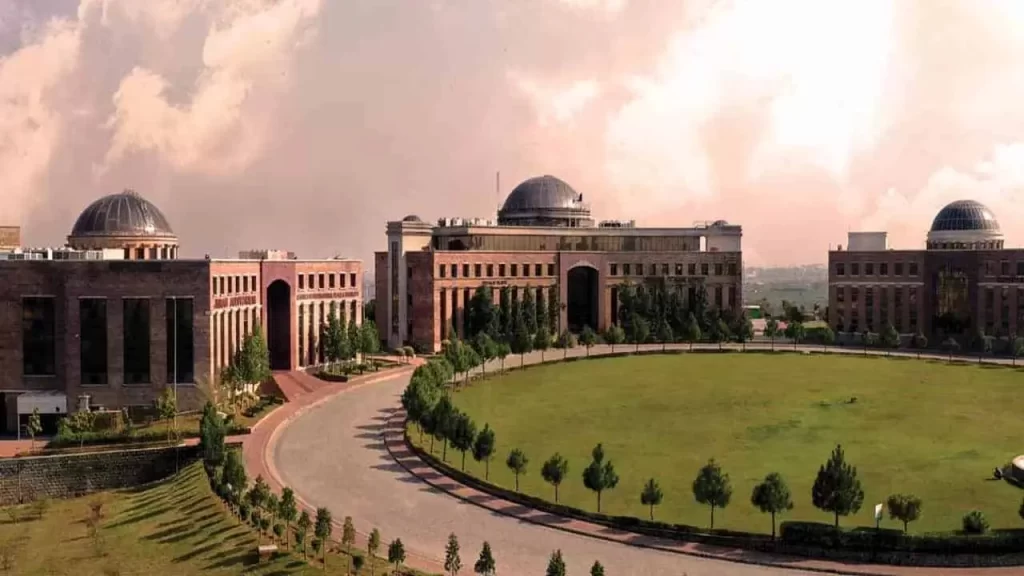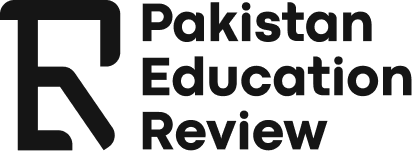The pursuit of higher education has long been considered a pathway to success, offering individuals the opportunity to acquire knowledge, skills, and critical thinking abilities. Traditionally, a college or university degree has been deemed indispensable, a symbol of one’s commitment to learning and readiness for the challenges of the real world. However, in the midst of the ongoing technological revolution, the value of formal degrees is undergoing a paradigm shift. This article explores the current role played by universities in Pakistan in promoting innovation and equipping students for the international job market.

Global Job Market Trends
In the global landscape, influential figures like Elon Musk and Peter Thiel are challenging the conventional wisdom surrounding the necessity of higher education. Musk contends that specific skills and problem-solving abilities surpass theoretical knowledge, claiming that college is primarily for personal development rather than practical preparation. Thiel goes even further, encouraging young minds to drop out of universities and embark on entrepreneurial journeys, citing the oppressive nature of higher education on creativity and independent thinking.

These opinions might seem extreme, but they highlight widespread doubt about how well traditional degree programs meet the changing demands of the job market. Even in advanced nations like the United States and the developing countries like India, employers are placing more importance on skills, adaptability, work ethic, and creativity rather than formal degrees. Companies like Apple and Tesla have shifted their recruitment strategies, no longer making a college degree a prerequisite for job interviews.
Higher Education in Pakistan
In Pakistan, the situation is getting worse. Despite having many universities, there exist major problems related to research, quality of faculty, and meeting the needs of industries. The absence of significant research and innovation, along with poor teaching quality, has created a challenging scenario. The deficiencies in instruction, knowledge transmission, and skill development, especially in technical fields, further aggravate the problem.
The issue extends to the level that even engineering graduates end up in maintenance, sales, and management roles. The absence of individuals capable of conceptualizing and designing new technologies points to issues in the education system. A recent example of a black hole math-physics teacher training program revealed that only 27 out of 120 graduates managed to score over 50 percent on the entrance test, exposing the inferior mathematical, analytical, and problem-solving skills of the candidates.
The Need for a Paradigm Shift
The prevailing issue in Pakistan’s higher education system is not just poor teaching quality but a systemic problem where degrees often serve as rubber stamps rather than indicators of competence and ability. Job placements often depend on family ties, religious or ethnic connections, or personal friendships, putting aside merit and qualifications. Unlike the global job market, where actual knowledge and skills are prioritized, Pakistani degrees still matter because of these non-merit-based practices.

In light of these challenges, it’s crucial to rethink the goal of education and how we’re guiding the next generations. Narayana Murthy, the founder of Infosys, suggests a focus on independent thinking, active listening, critical thinking, Socratic questioning, and relating classroom learning to real-world problems. The key, he emphasizes, is instilling in children the ability to learn how to learn.
The potential for success lies in unlocking the child’s mind to explore and think independently. In a world where information is readily accessible, the ability to learn and adapt becomes paramount. However, rigid ideologies in education systems can block creativity and critical thinking.
Comprehensive Measures for Change
To bridge the gap between the current state of universities in Pakistan and the needs of the future, comprehensive measures are required. Several solutions can play a significant role in bridging the gap in terms of quality of education and the existing job market.
Address Research Deficit:
- Prioritize the hiring of qualified faculty on a temporary or contingent basis.
- Foster collaboration with foreign faculty for diverse perspectives and improved research quality.
Enhance Research Capabilities:
- Temporary hiring of Ph.D. holders from government schools and colleges.
- Engage retired professors in research activities.
- Incentivize faculty to produce at least one book per year.
Facilitate Knowledge Sharing:
Conduct short events like seminars, talks, workshops, and peer meetings frequently.
Generate Revenue for Research:
- Explore commercial production of innovative products.
- Incentivize retired professors to contribute to research for knowledge transfer.
- Encourage book writing as a criterion for faculty promotions.
Innovative Financial Solutions:
- Focus on practical demonstrations of research-based innovations to attract funding.
- Explore commercial production of articles based on research findings.
Revise Conferencing Approach:
- Replace heavyweight conferences with short, frequent events as regular knowledge-sharing platforms within universities.
Disclaimer: Any opinions expressed in this article do not necessarily reflect the opinions of Pakistan Education Review. This content is meant for informational purposes only.







